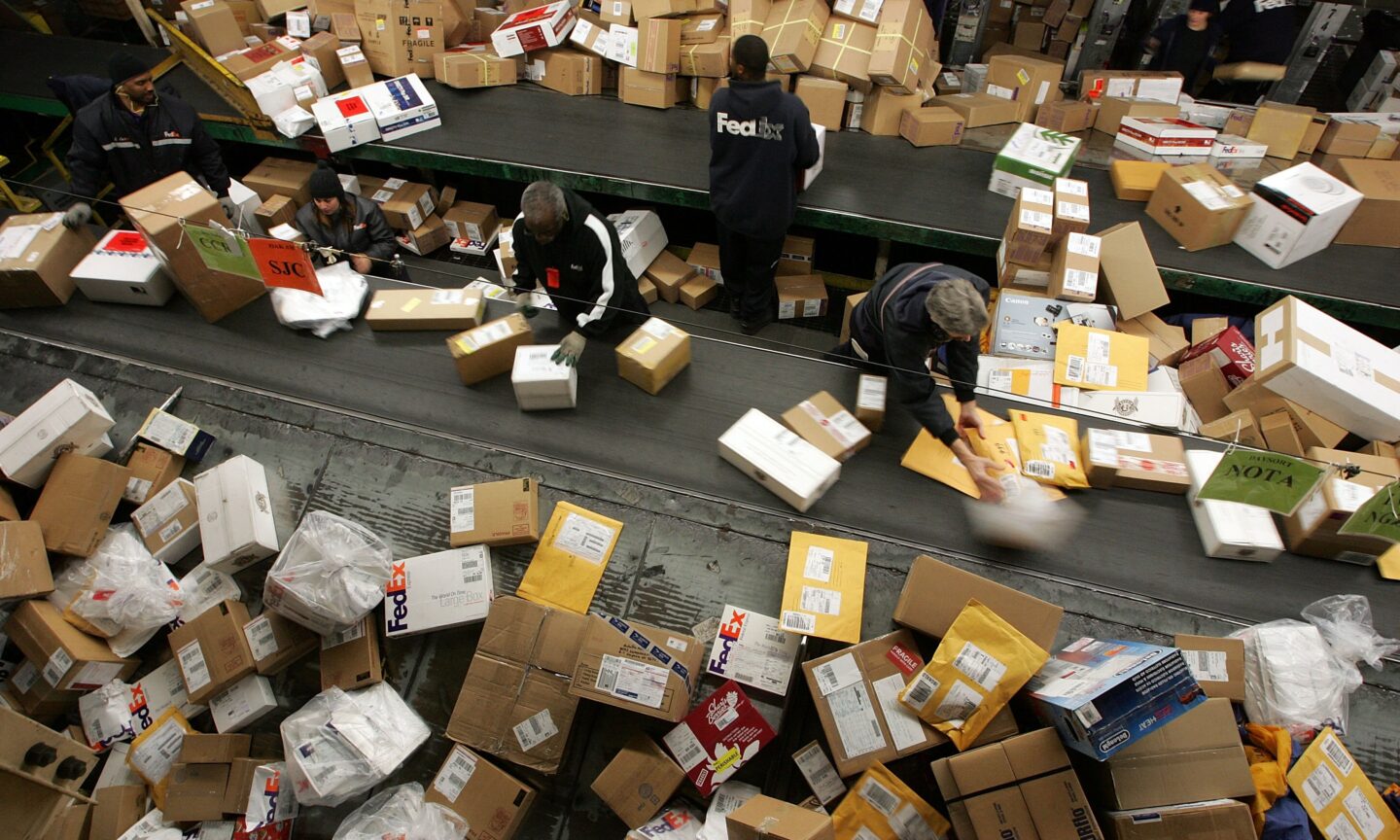Unlocking Space Opportunities: Even Rogers & Max Haot at Disrupt 2025

The future of the space economy is on the horizon, and it extends far beyond the traditional realms of rockets and satellites. As we stand on the cusp of a new era, the focus is shifting towards infrastructure development, autonomous systems, and innovative frameworks for constructing and safeguarding off-Earth assets. This transformative transition will be a central theme at TechCrunch Disrupt 2025, taking place from October 27 to 29 at San Francisco's iconic Moscone West. Here, the Space Stage will serve as a platform for industry leaders to discuss and showcase the groundbreaking changes shaping the cosmos.
The burgeoning space economy is not merely an extension of Earth-based industries; it represents a paradigm shift in how humanity engages with the final frontier. As we venture beyond our planet, the need for robust infrastructure becomes paramount. This includes everything from spaceports and orbital factories to communication networks that can support interplanetary commerce. The alignment of private sector innovation with governmental policy is crucial for creating an environment that fosters this growth, and events like TechCrunch Disrupt are pivotal in sparking these conversations.
One of the most exciting aspects of this new space economy is the rise of autonomy in space exploration and asset management. Autonomous systems can dramatically reduce the costs associated with launching and maintaining satellites and other space vehicles. Companies are now developing self-sufficient technologies that can operate remotely, making real-time decisions without human intervention. This is not just about simplifying operations; it’s about creating resilient systems that can adapt to unforeseen challenges in the harsh environment of space.
Consider the potential of autonomous spacecraft. These vehicles can be programmed to perform complex tasks, from satellite repairs to resource extraction on asteroids. The implications for industries such as telecommunications, mining, and even agriculture are vast. With the rise of autonomous systems, we can envision a future where space-based resources are harvested and utilized to support life and commerce on Earth and beyond.
Another crucial dimension of this new space economy is the establishment of protective measures for off-Earth assets. As more entities venture into space, the risk of space debris and potential conflicts over resources increases. Therefore, developing frameworks for the defense and sustainability of these assets is essential. This includes everything from legal regulations governing space traffic to technologies designed to mitigate the risks posed by space debris. The discussions at TechCrunch Disrupt will provide a vital opportunity for stakeholders to explore these issues and collaborate on solutions.
As we prepare for the gathering at TechCrunch Disrupt, it’s worth noting that the commercial space sector is already witnessing significant investment and growth. According to a report from the Space Foundation, global space economy revenue reached approximately $469 billion in 2020 and has been projected to grow exponentially in the coming years. The entry of major players like SpaceX, Blue Origin, and a host of startups is driving innovation and creating new opportunities for collaboration across various industries.
In addition, the increasing involvement of government agencies, such as NASA and the European Space Agency, signals a shift towards public-private partnerships that can accelerate the development of space infrastructure. These partnerships are essential for pooling resources, sharing knowledge, and addressing the complex challenges associated with space exploration and commercial ventures.
At TechCrunch Disrupt 2025, attendees will have the unique chance to engage with thought leaders and innovators who are at the forefront of this space revolution. The Space Stage will feature presentations, panels, and discussions that delve into the latest advancements in technology, policy, and business models related to the space economy. It’s an opportunity for entrepreneurs, investors, and enthusiasts to gain insights that could shape the future of the industry.
Moreover, the event will spotlight emerging startups that are redefining how we think about space. From companies focused on sustainable space travel to those developing cutting-edge propulsion technologies, the innovations on display will illustrate the diverse approaches being taken to solve the challenges of the new space economy. By fostering a community of forward-thinking individuals, TechCrunch Disrupt aims to ignite collaboration and inspire the next generation of space entrepreneurs.
As we look ahead, the implications of this new era extend beyond commercial interests. The potential for scientific discovery, international collaboration, and even the long-term survival of humanity hinges on our ability to develop a sustainable presence in space. The discussions and initiatives that emerge from events like TechCrunch Disrupt are vital for addressing these critical issues.
In conclusion, the next chapter of the space economy is characterized by a shift towards infrastructure, autonomy, and innovative models for asset management. The upcoming TechCrunch Disrupt 2025 will be a pivotal moment for the industry, offering a platform for dialogue and collaboration among key stakeholders. As we prepare to explore the cosmos, it is essential to consider not only the technologies that will get us there but also the frameworks that will ensure our ventures into space are sustainable and secure. Join us at the Moscone West this October to be part of the conversation that will shape the future of the final frontier.
What's Your Reaction?
 Like
0
Like
0
 Dislike
0
Dislike
0
 Love
0
Love
0
 Funny
0
Funny
0
 Angry
0
Angry
0
 Sad
0
Sad
0
 Wow
0
Wow
0




































